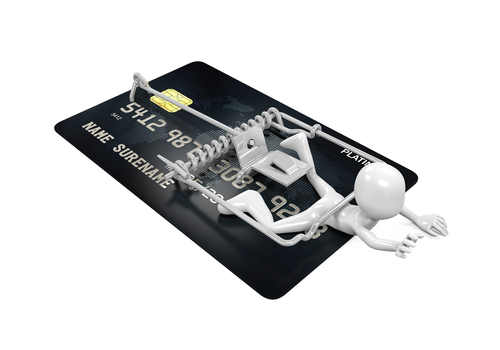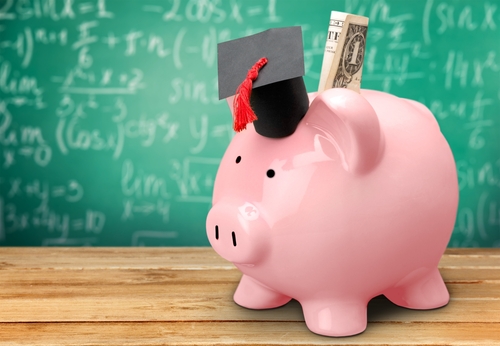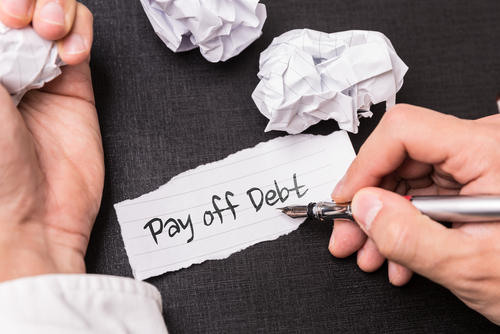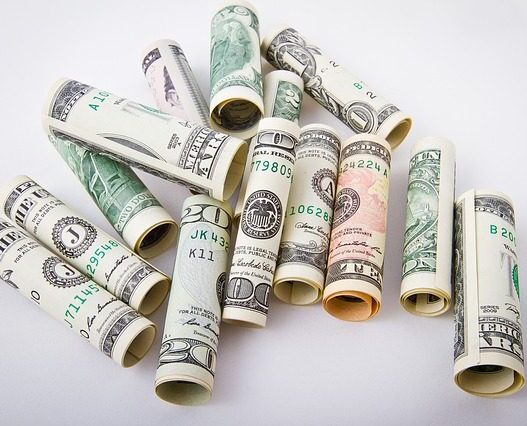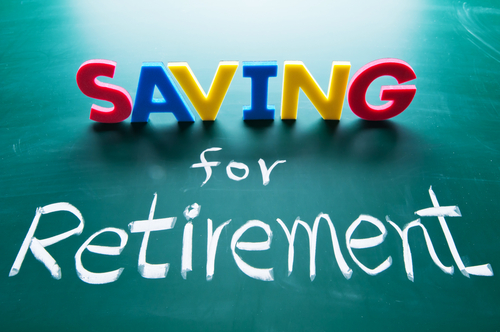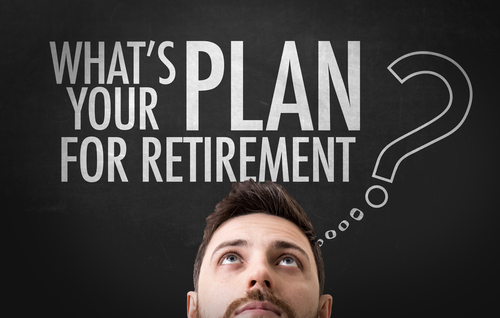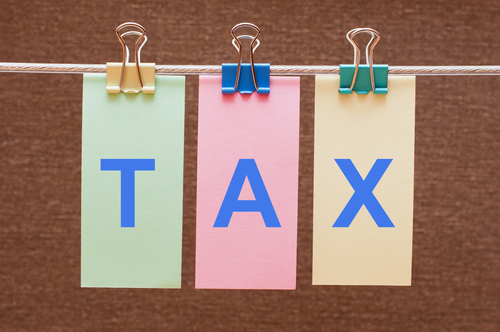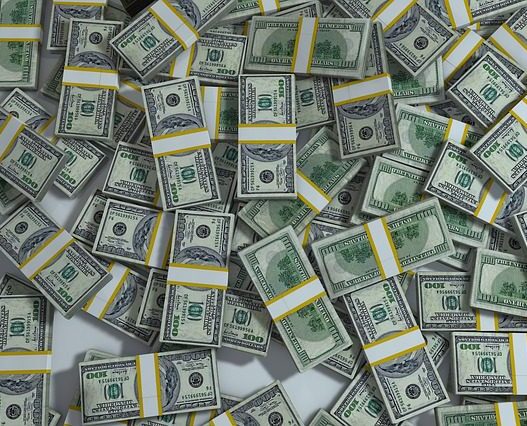Credit card debt is always a nagging burden, the long term consequences of which can be quite serious. Thus, it always pays to get rid of this burden as soon as possible and you can do it successfully, provided you work out the following strategy to reduce your debt.
- Take stock
You first need to see what is your total net debt on all credit cards before starting to reduce its accumulated debt. Brutal honesty with yourself is required here and writing down the debt amount along with the interest rate on every single card that you have will be a constant reminder of where you stand as a debtor.
Do not tell yourself something is right when it is not, your name is not Barney Frank or Barrack Obama (the housing market destroyer who devastated Fannie Mae and Freddie Mac via giving home loans to irresponsible people and the health care system destroyer which the ACA law has laid waste too, respectively)
- Stop making minimum payments
Against a large outstanding amount, the minimum balance payable every month looks tiny and looks easy to pay off. However, if this amount is everything you pay towards this debt on a monthly basis, it will take you much longer to settle the debt.
Moreover, the interest charges on the remaining amount will continue to accrue and increase your debt burden further by compound interest. Remember, the more you pay, the lesser the interest amount becomes because this means you give less time for this interest to accumulate. Your credit card issuer should point this out to you on the monthly statement, for you to see how it’s applicable to your monthly bill.
- Tackle debt singularly
If you have multiple debts on numerous cards, make sure to pay the minimum payable on each card. Subsequently, focus on clearing the total unpaid balance on a single card at a time. Choosing the card to pay off first can be chosen by either checking your statement’s interest rates section to identify which credit card slaps the highest interest rates on to you, and then concentrating on paying off the outstanding amount on that card first. Or, you could settle the smallest debt first, graduating to the larger debts in succession.
That could help you psychologically just like when Rocky was fighting Ivan Drago in Rock 4 when he got that first hard punch in and he saw Drago bleed. Then he knew this was not a machine but a man. Now you know you can pay off these cards if you get that first one dealt with.
- Combine & win
Consolidation of your debt lets you combine numerous high-interest balances into a single one with a lower interest rate. This enables you to pay off your debt faster without increasing the payment amounts. You can consolidate debt by taking advantage of a transfer rate that is low- balance to remove debt off cards that charge a higher interest.
However, do note that fees for a balance transfer are often between 3 to 5 percent, but the savings accrued from a lower interest rate may be greater than the transfer fee. This should always be factored in when taking this option into consideration.
Having equity at home helps in paying down credit card debt. A home equity credit line may give you a lower rate than those chargeable by cards. However, here closing costs apply, but the benefit is that payments for home equity interest are usually tax-deductible. In addition, when consolidating, it’s absolutely imperative to remember that you have to control your overall spending so you do not accrue new debt in addition to the debt that you’ve recently consolidated.
- Reprioritizing budgets
In order to ensure that you don’t accrue any further debt because you are not the US government or California, categorize your monthly expenditures in terms of transportation, groceries, entertainment (don’t watch any more Zoolander or Jurassic World movies!), and housing. Next, identify those areas in which spending can be cut back drastically. Use the money saved from this exercise to pay off your debt.
- Try improving your rates
You can also lower your debt burden by negotiating lower interest rates with your credit card issuer. By shaving off a percentage point even, you could save hundreds of dollars over the next year or so, for instance, while paying off the debt. A polite request in this regard may work in your favor and help you become debt free in the long run.
- Start using cash
Put all your credit cards away until their debts are settled. Instead use cash. This will reduce your spending by at least 20 percent and the amount saved could be used to pay off your debt. Staying off plastic until the time you are debt free sure makes sense.
Also while paying off your debt, track your progress. Keep detailed notes of how much still remains unpaid and how you can reach your target of being a debt-free person. This will keep you motivated to reach that ultimate and altruistic goal.










